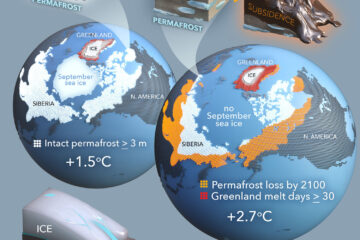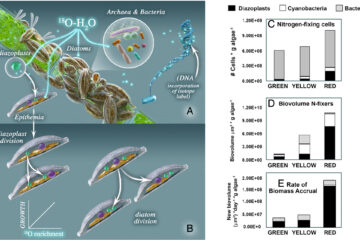Linking soil bacterial biodiversity and soil carbon stability
Native soil carbon (C) can be lost in response to fresh C inputs, a phenomenon observed for decades yet still not understood. Using dual-stable isotope probing, we show that changes in the diversity and composition of two functional bacterial groups occur with this ‘priming’ effect. A single-substrate pulse suppressed native soil C loss and reduced bacterial diversity, whereas repeated substrate pulses stimulated native soil C loss and increased diversity. Increased diversity after repeated C amendments contrasts with resource competition theory, and may be explained by increased predation as evidenced by a decrease in bacterial 16S rRNA gene copies. Our results suggest that biodiversity and composition of the soil microbial community change in concert with its functioning, with consequences for native soil C stability.


